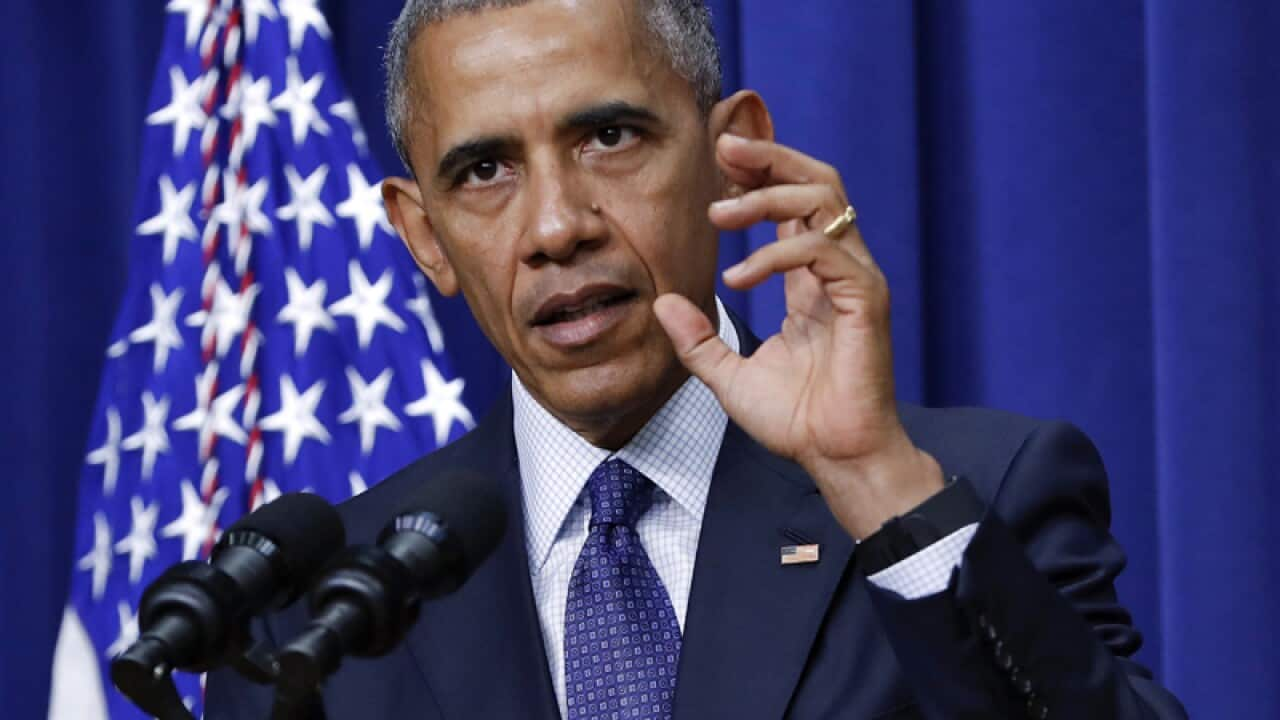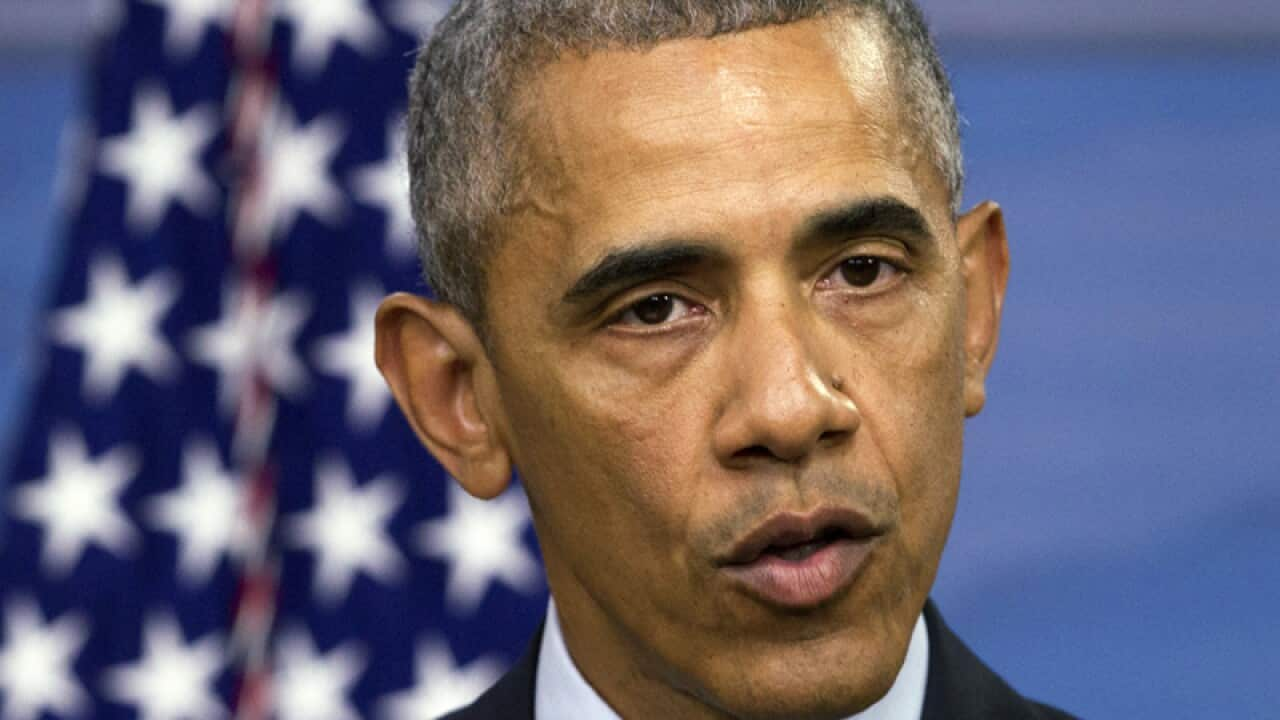"With concerns that Iran may renege on the prisoner release... we of course sought to retain maximum leverage until after American citizens were released," State Department spokesman John Kirby told reporters.
"That was our top priority," he said.
In January, five American prisoners were released as Washington granted clemency to seven Iranians and withdrew arrest warrants for 14 others.
Immediately thereafter, the United States helped airlift $400 million worth of Swiss francs and euros to Iran.
The money was delivered on January 17, just one day after a landmark nuclear deal between Tehran and world powers took effect.
"We were able to conclude multiple strands of diplomacy within a 24 hour period, including implementation of the nuclear deal, the prisoner talks and a settlement of an outstanding Hague tribunal claim," Kirby said.
"It's already publicly known that we returned to Iran its $400 million in that same time period as part of the Hague settlement agreement," he said.
In early August, the State Department had said the prisoner release and delivery of money were completely separate, although Kirby acknowledged Thursday that the two were in fact related.
"I'm saying that the events came together simultaneously... it would have been foolish, imprudent, irresponsible for us not to try to maintain maximum leverage," Kirby said.
The ordeal has set off a tidal wave of condemnation from Republicans, who have questioned the timing of the two events and said the government paid ransom for the prisoner release.
Republican presidential candidate Donald Trump's campaign said Thursday that the State Department's acknowledgement "further cements Hillary Clinton's role in crafting disastrous policies that have led to a more dangerous world."
Trump's opponent, former secretary of state Clinton, was no longer serving as the nation's top diplomat when the accord came into effect. Still, Trump senior communications advisor Jason Miller said that "by helping put together a deal that ultimately sent $400M to Iran that was likely used to fund terrorism, Clinton has proven herself unfit to be president of the United States."
RELATED READING
US sailors held by Iran 'spoke too much'
Share


